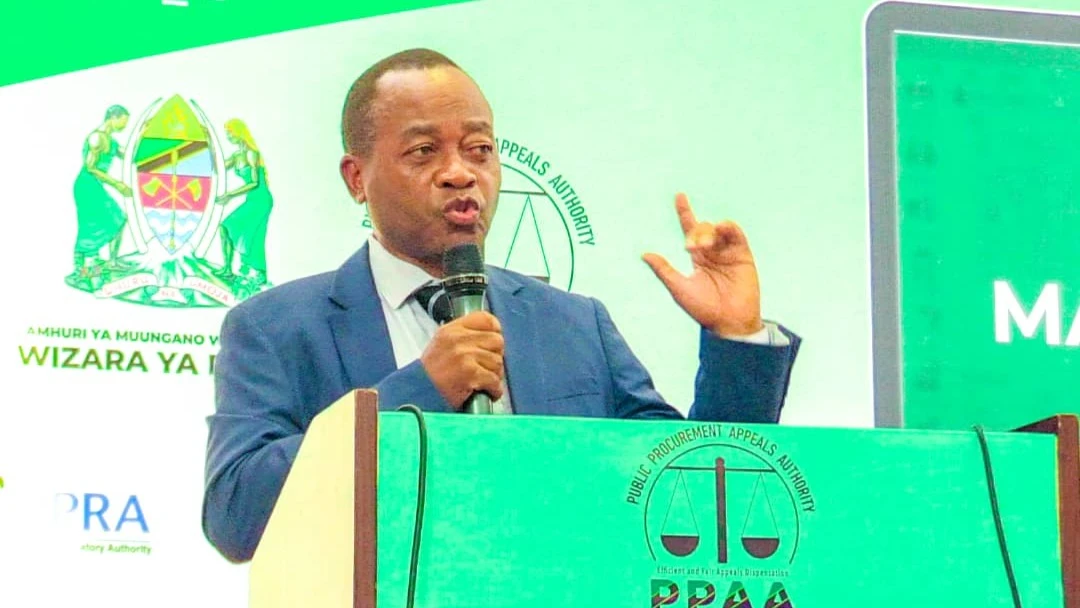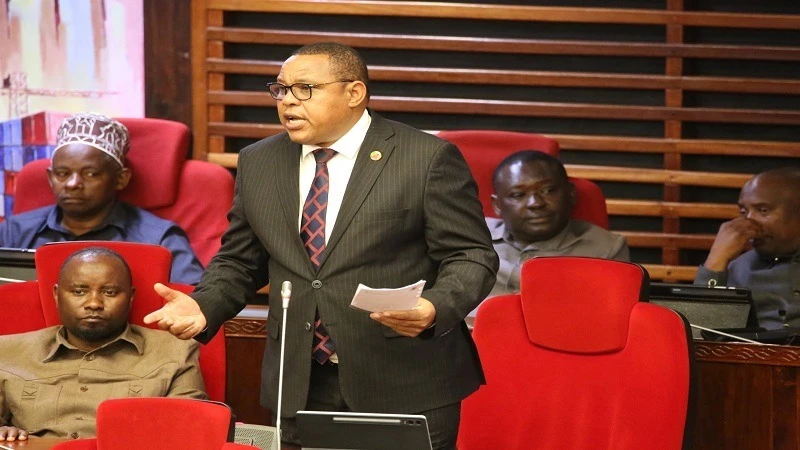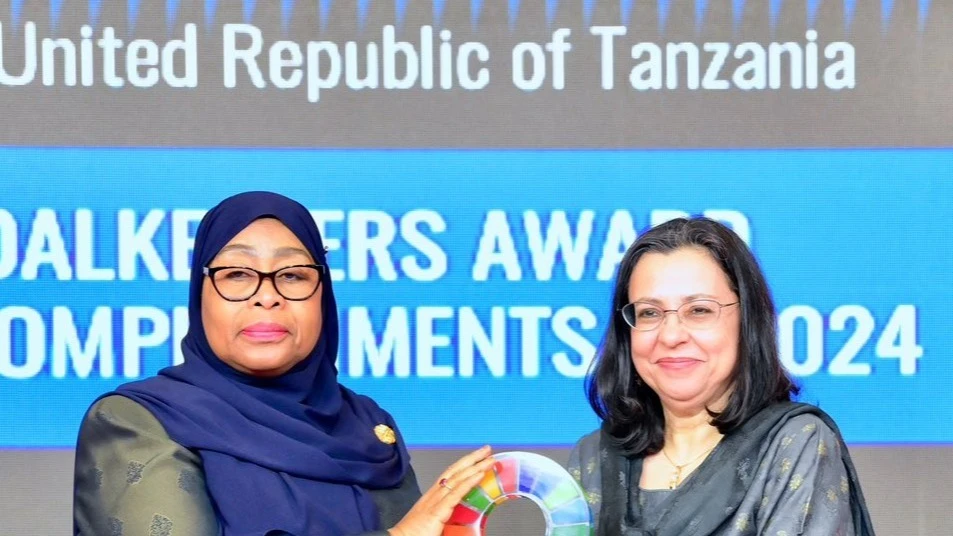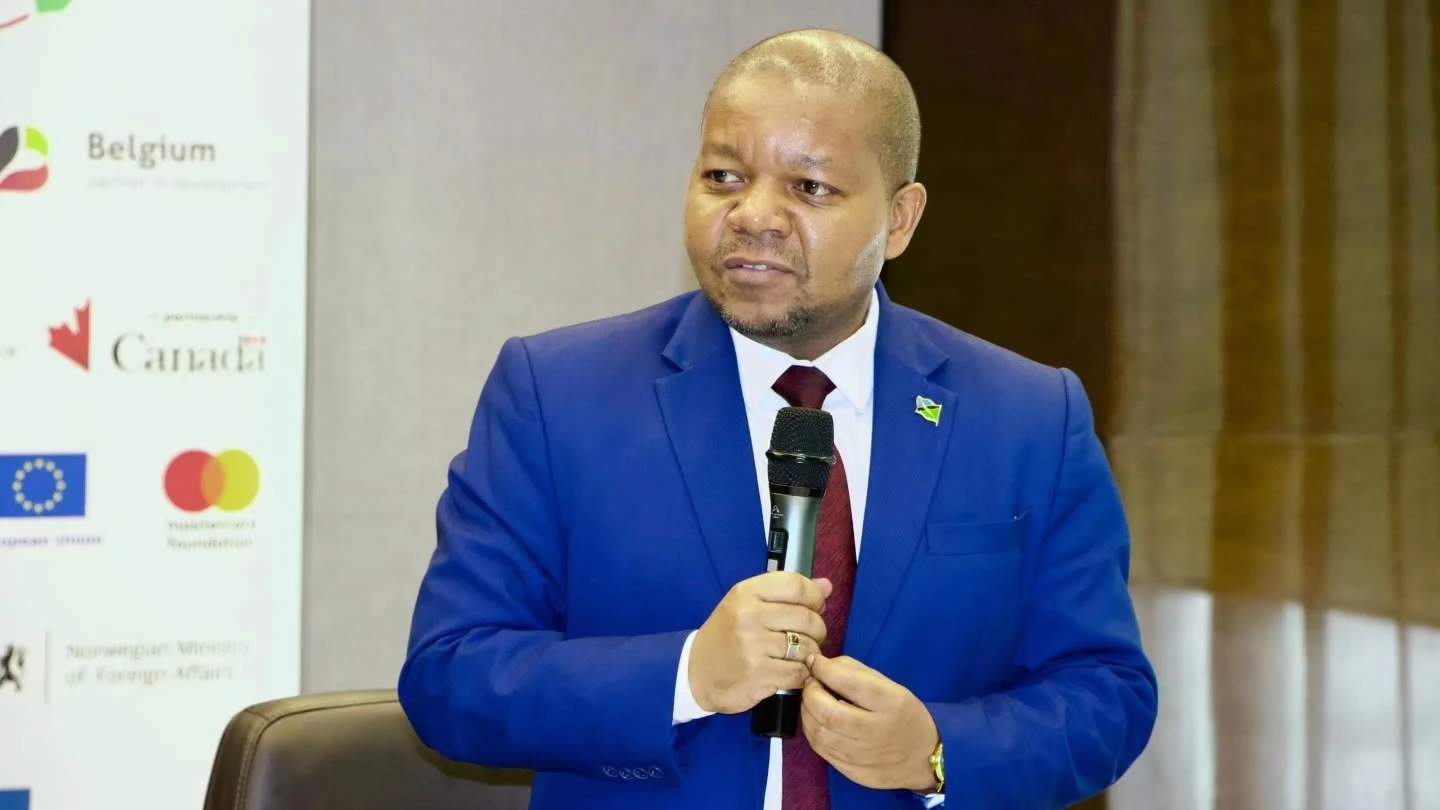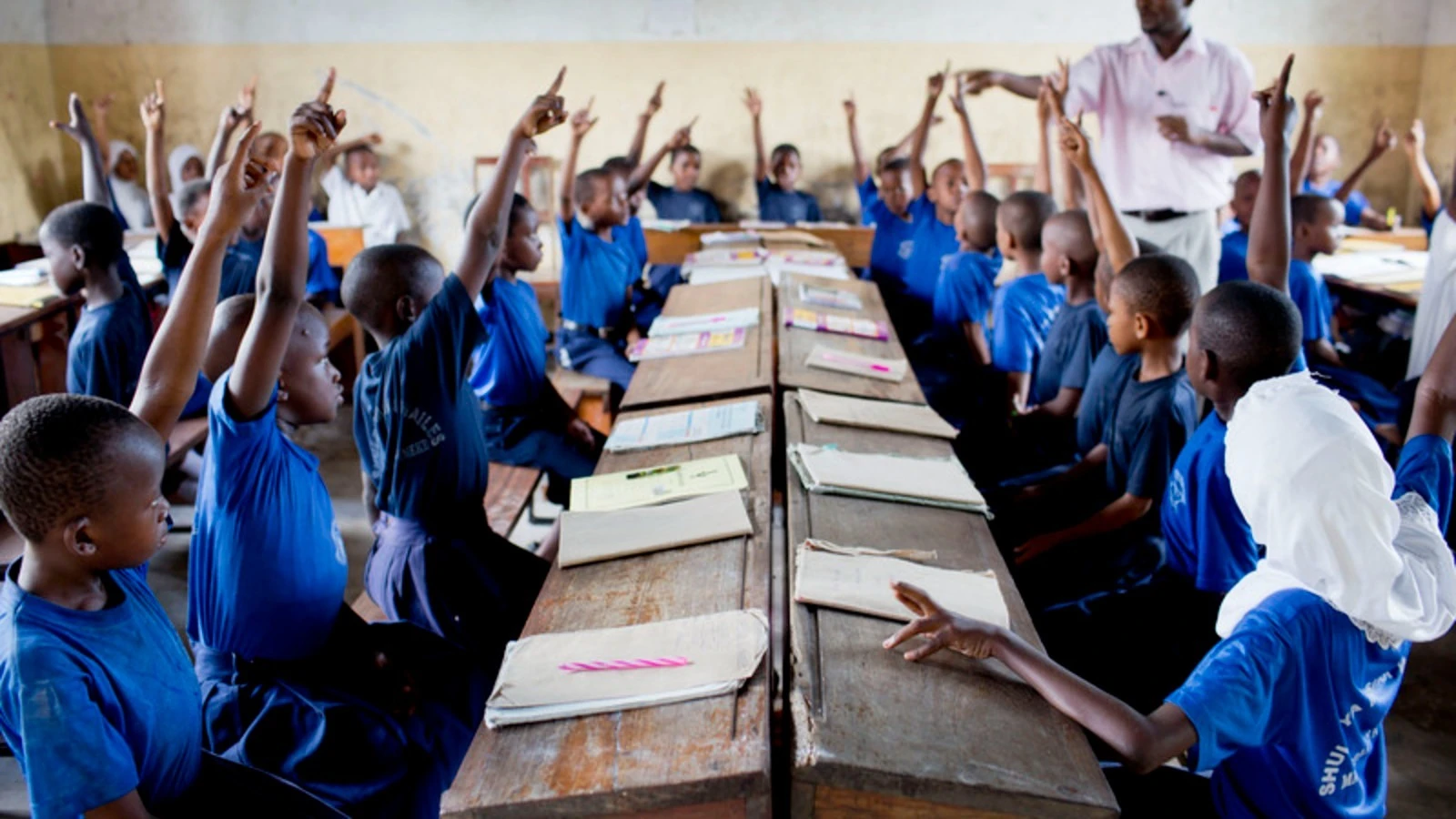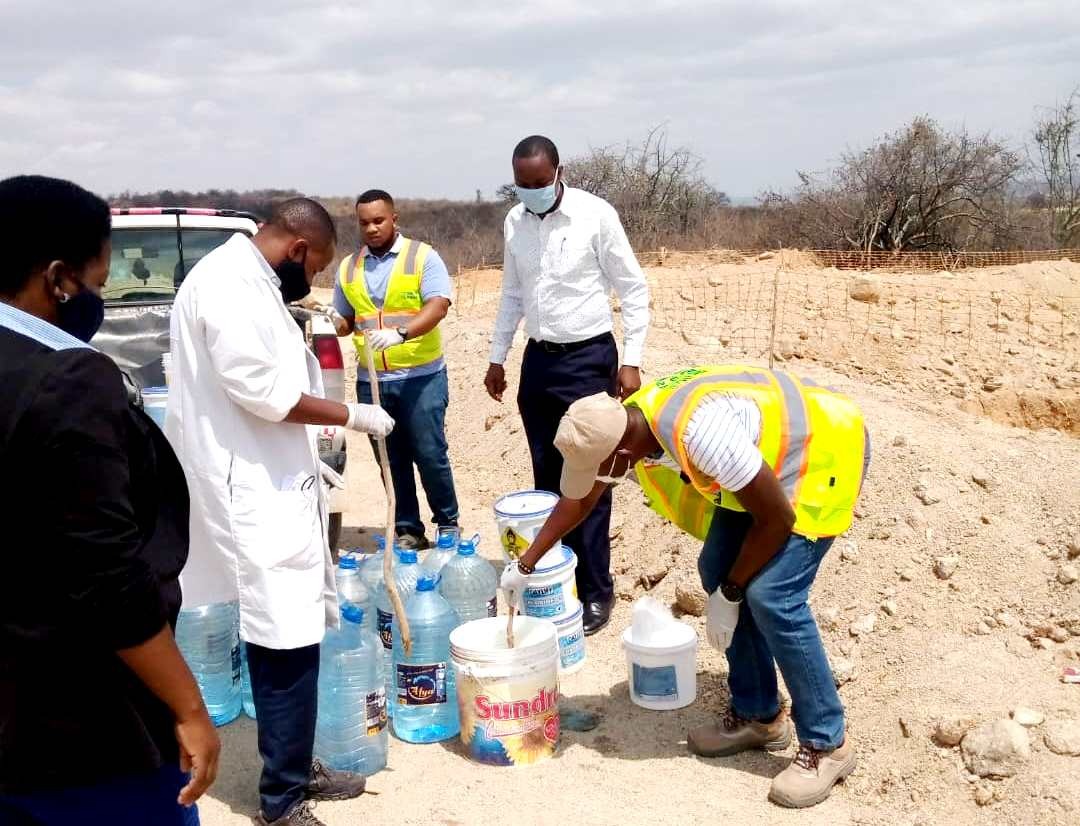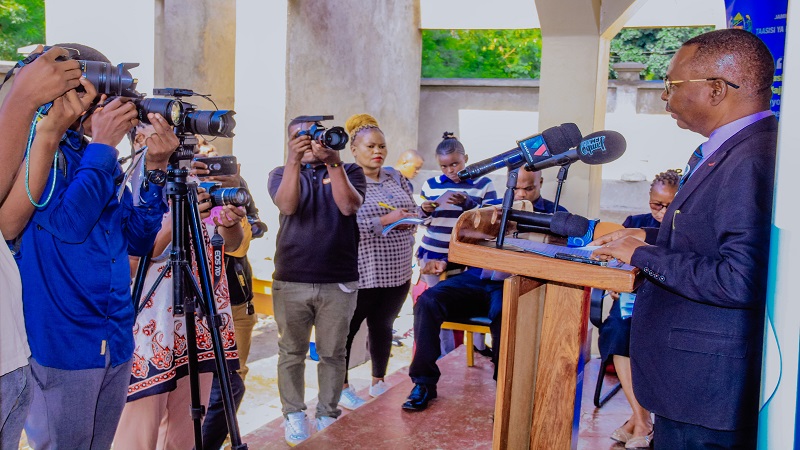Handeni introduces forest conservation drive
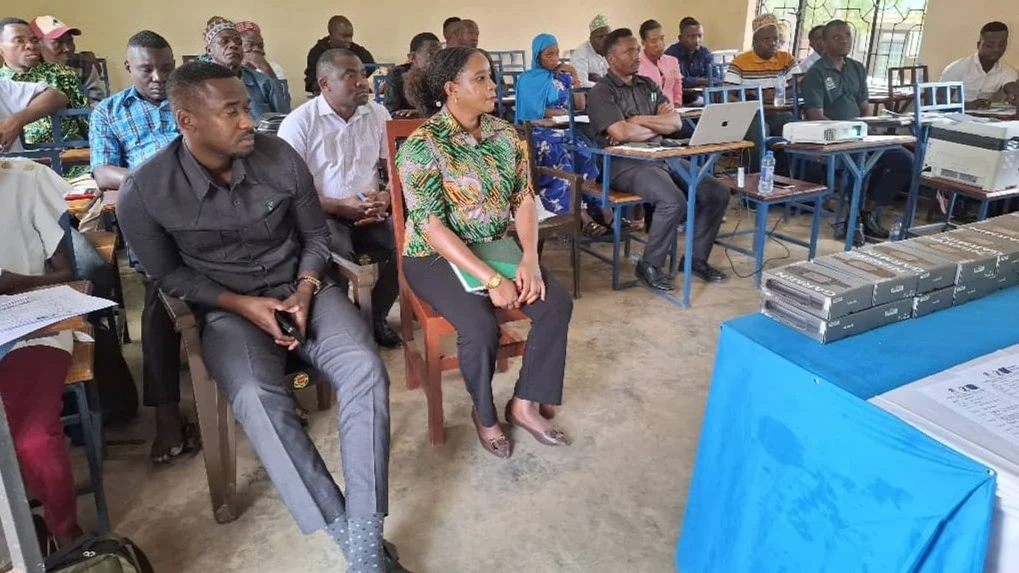
Handeni District Council in Tanga Region has introduced a new strategy to allocate special funds for forest conservation, aiming to combat the rampant deforestation driven by illegal logging, agriculture, charcoal production, and cattle grazing.
Sailoti Stephen, the District Executive Director of Handeni, announced this during a meeting with village leaders, ward councilors, and members of the Tanzania Community Forest Conservation Network (MJUMITA).
The meeting aimed to enhance stakeholders’ understanding of the Integrated Forest Biomass Energy Solutions for Tanzania (IFBEST) project, funded by the European Union.
"Moving forward, we will dedicate all revenue from forest products, fines, and taxes solely to forest conservation, instead of using these funds for council expenditures," said Stephen. He added that the council expects to raise 250m/- this year to support forest conservation efforts and ensure the safety of their forests.
Stephen commended the European Union for their financial support, which he said would benefit Handeni residents through Community-Based Forest Management (CBFM) and carbon trade initiatives, improving livelihoods and supporting village development projects.
Discussing clean energy initiatives, Stephen urged the Tanzania Forest Conservation Group (TFCG) to help reduce charcoal consumption in the district. "If you can achieve this, we will significantly reduce deforestation in Handeni," he noted.
Currently, 133 primary schools and 33 secondary schools in the district rely on firewood for cooking, despite instructions to adopt clean energy solutions. Stephen emphasized the urgent need for these schools to transition to clean energy to curb the use of firewood.
Handeni District is also seeking Public-Private Partnerships (PPP) to support forest conservation and management. Some village leaders have been selling forest areas, leading to boundary disputes between villages. "We need PPPs to address the challenges we face in forest management. If no action is taken, our conservation efforts will be in vain," he warned.
He called for PPPs in both village and district forest areas, inviting organizations involved in environmental conservation to collaborate with the district council, which will provide full support.
Magreth Kilo, the Handeni District Administrative Secretary, urged the TFCG and MJUMITA to train district security committees and sub-divisional officers on sustainable forest harvesting. "Many of them don’t fully understand the concept of sustainable harvesting," she pointed out.
Simon Lugazo, Project Manager for IFBEST, added that the three-year project (2023-2026) is being implemented in eight villages across Handeni, Pangani, and Kilindi District Councils, funded by the European Union. The targeted villages include Gendagenda, Mkalamo, Mseko, Lusane, Mmbogo, Mapanga, Nkhobole, and Msaki.
The European Union contributed 5.4bn/- through the Ministry of Finance to enable MJUMITA and TFCG to carry out the IFBEST project.
Lugazo explained that the project's main goal is to promote environmental sustainability through sustainable forest management and wood-fuel production in Tanga Region.
So far, TFCG and MJUMITA have helped villagers prepare land-use plans, designating 4,700 hectares in Gendagenda village as a village land forest reserve, allowing the community to engage in sustainable forest management and wood-fuel value chains across four districts in Tanga Region.
They have also assisted in developing forest management plans, formulating by-laws that prohibit illegal activities such as tree cutting for timber and charcoal production in the village forest reserves, and providing training on sustainable harvesting, charcoal production, and good governance.
Additionally, they have established Village Savings and Loan Associations (VSLA), offered entrepreneurship skills, and helped resolve conflicts between farmers and pastoralists. "Pastoralist communities are now actively involved in land-use planning and forest management, which was not the case before," said Lugazo.
Under the IFBEST project, officers in various sectors—land, planning, environment, livestock, and community development—were trained on good governance, national policies, laws, and regulations related to CBFM, forest product harvesting, community-led enterprises, and sustainable charcoal production. They also learned how to integrate CBFM into district plans, budgets, and climate change initiatives.
Lugazo concluded by highlighting the project's successes, including enhancing the capacity of councils and villages to manage community forests, promoting sustainable land use, and ensuring sustainable charcoal production, all of which contribute to better environmental management and forest sustainability.
Top Headlines
© 2025 IPPMEDIA.COM. ALL RIGHTS RESERVED











